I have to admit, I was a bit puzzled when I learned that Mat Zo was slated to be one of the opening acts for Porter Robinson’s summer tour. I mean, I’m not complaining—Mat Zo is a talented musician and a great live performer—but it just seems an odd combination: putting an uplifting trance master with the originator of “complextro” just doesn’t make much logical sense.
But in a recent interview with Rolling Stone, Porter shed some light on this choice: apparently he’s been into trance since the days of Dance Dance Revolution, and sees trance fans as being “…tastemaker[s], cool underground.” Language was a bit of a shock to Porter’s fans: far removed from the intense, complex dubstep of Spitfire and The State from last year’s EP Spitfire, Language was instead a bombardment of emotion and trance-like euphoric beauty. Listening to a tune like that, it’s no longer surprising that a trance artist like Mat Zo would end up opening up for Porter’s tour.
Porter Robinson – Language
Porter has also been quoted as saying that “it’s always been better to lead than to follow as an artist”—and if Language is any indication of the future, I think he has a pretty good shot at ushering in the next wave of popular dance music. Beyond the elegant beauty of Language lies Zedd’s smash-hit Spectrum—maybe even more euphoric and gorgeously uplifting than Porter’s single, Spectrum substitutes Language’s glitchy breakdowns for even more rousing trance synthesizers in the chorus, integrating even more of this popularly emotional style into the mainstream popularity of electrohouse.
Zedd ft. Matthew Koma – Spectrum
I’m not as sure as Porter that trance is going to break into the proper American forefront, however—it seems to me that there are enough ideological differences between American and European cultures to prevent that from becoming a reality. While it’s interesting that tracks like Language and Spectrum have managed to become such huge hits in the States, it seems a bit uncharacteristic given the musical differences between the two continents.
Of course, the popular movement in the United States at the moment is dubstep—and I have no doubt that this is heavily influenced by the hypermasculine, aggressive sentiment present in American dubstep, present by the advent of hip-hop culture affecting social change in necessary channels. But this new blend of trance and house seems to tap directly into deeper pathways of human emotion. Rather than drilling into a shallow culture of brutal beats and nonsensical feelings, Porter and Zedd instead draw from trance inspiration for their emotive complexes—the chord progressions, grandiose swells and falls, and cloyingly sweet vocals fuel their epic compositions—which are promptly injected with the straightforward rhythms and sensibilities of house, to create a perfectly euphoric feeling that resonates far into more conventional human emotions, like nostalgia, sentimentality, and love.
Trance doesn’t seem to have the industrious American spirit to make it really big over here in the States—given its recent evolution and relative stagnation (Anjunabeats comes to mind), it’s no longer advancing at a pace rapid enough to keep up with American musical ADD. But over the last decade or so, trance and house have steadily merged together into the enigmatic label known as “progressive house” or “trouse”—even though progressive more accurately refers to a separate style entirely, the common conception of the style is a combination of the mechanical elements of house with the smooth progression and euphoria of trance. Styles tend to do this over time: as cross-contamination occurs and new ideas are continuously put forth by creative minds, music evolves and adapts to the mood of the current scene. Perhaps tracks like Language and Spectrum—genre-bending tunes with elements of electro, dub, trance, and progressive house—will be the future of the genre.



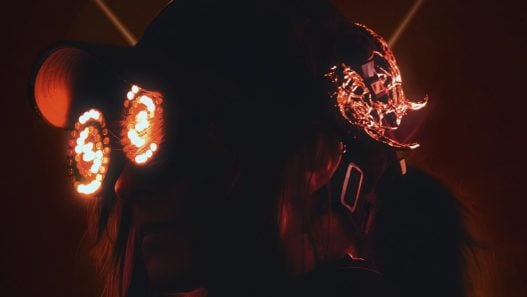

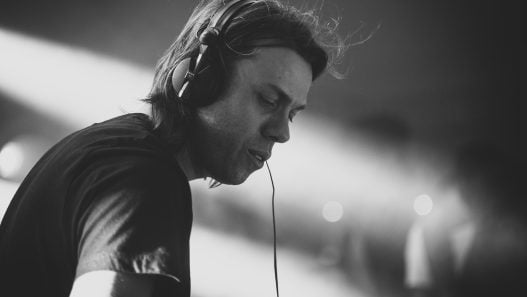

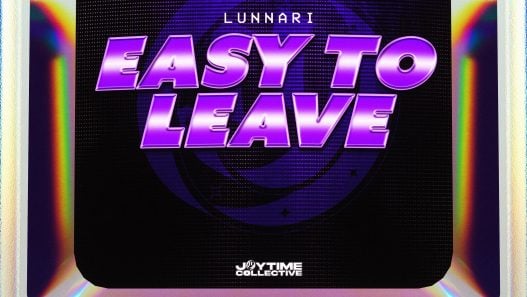

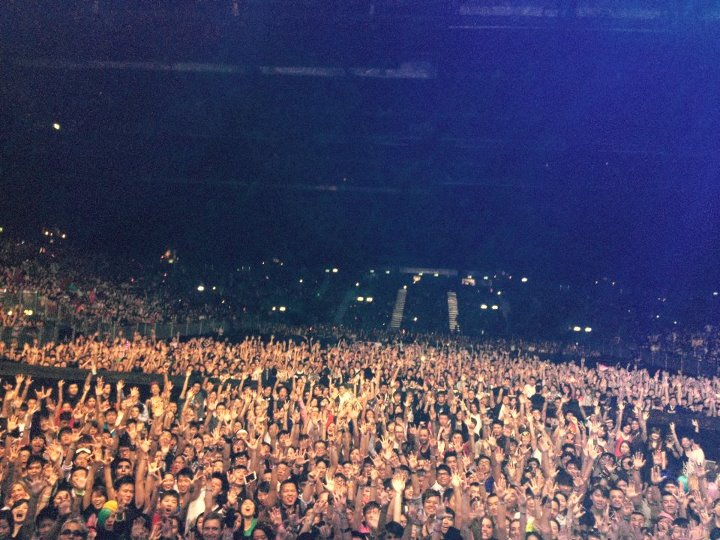

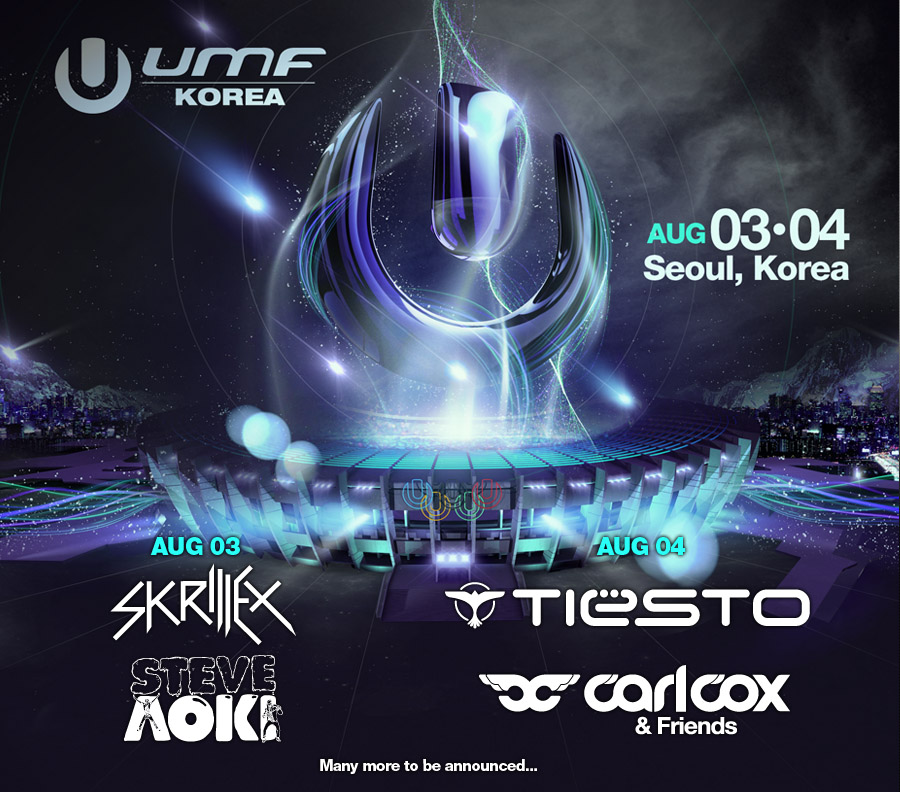
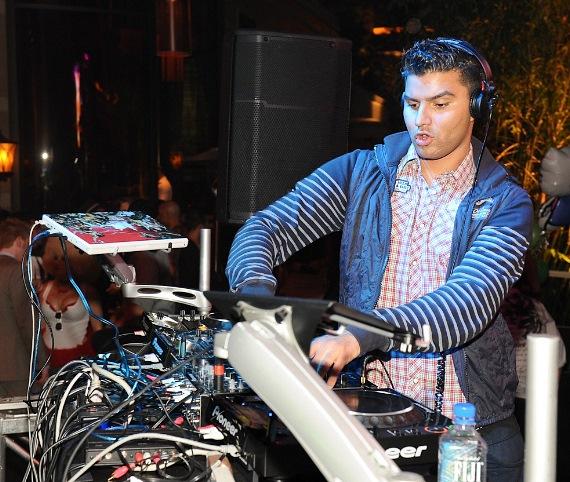

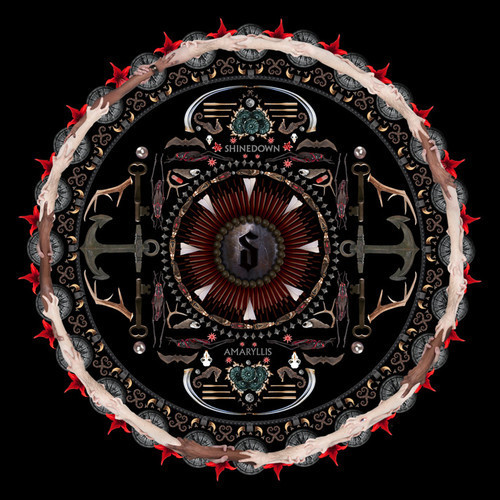
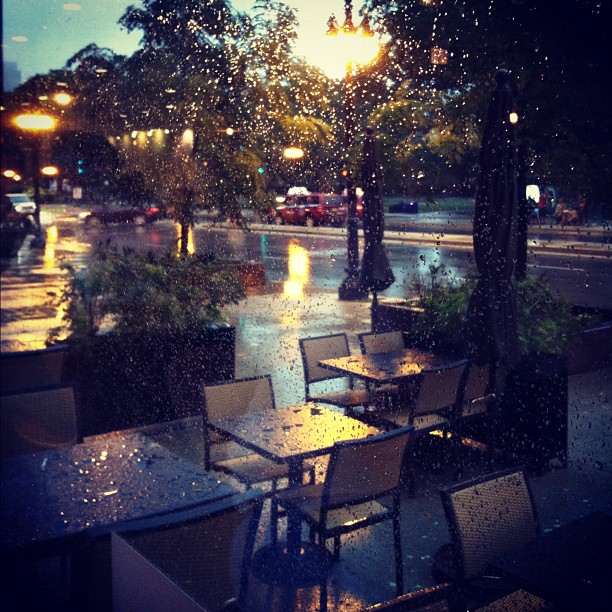
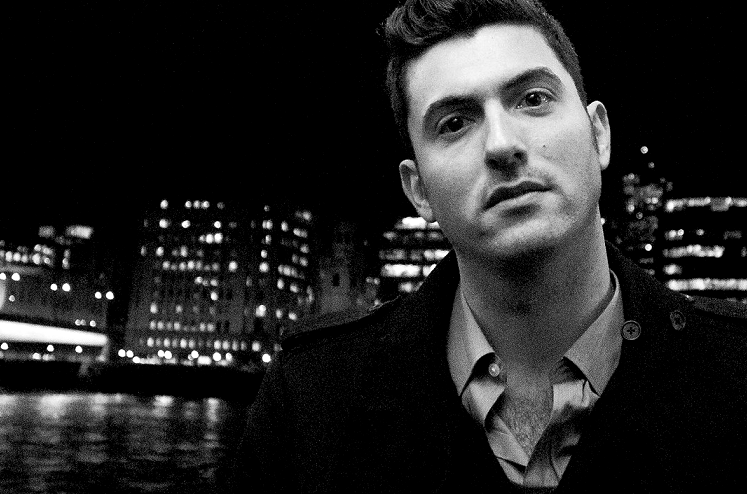
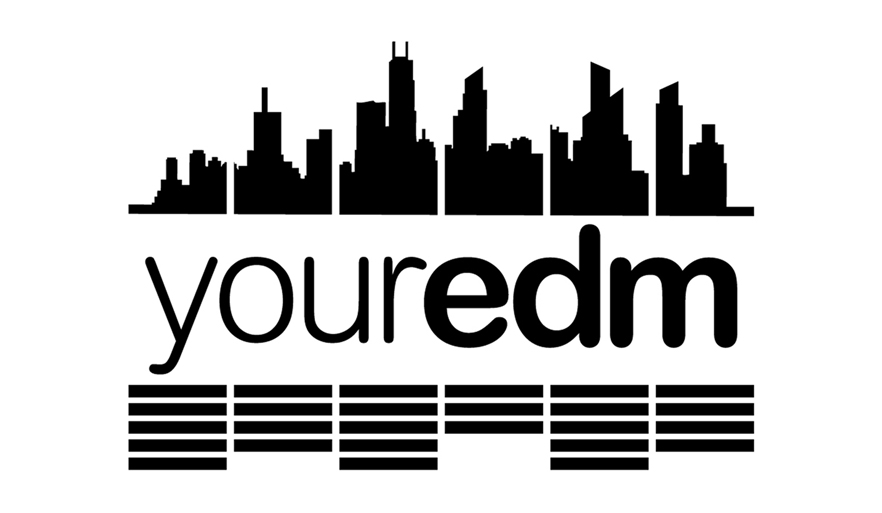
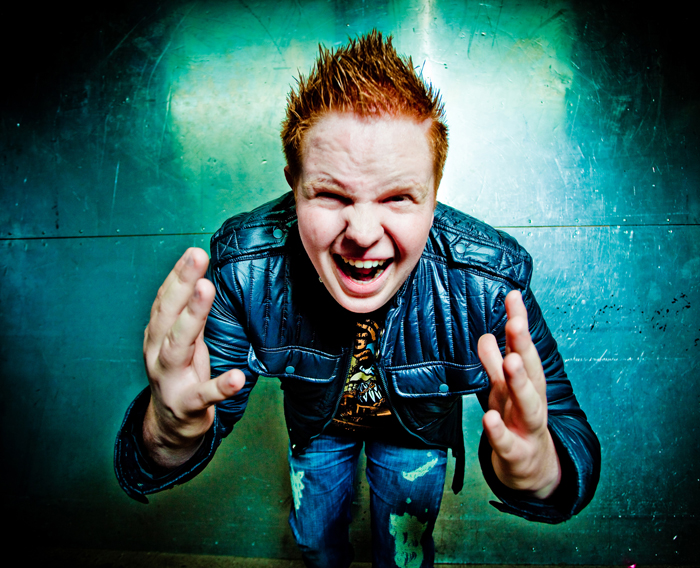
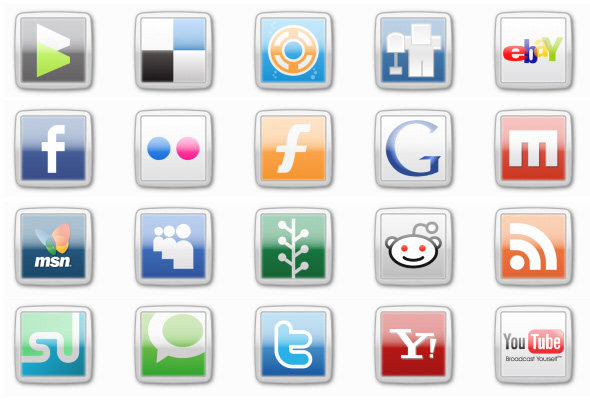
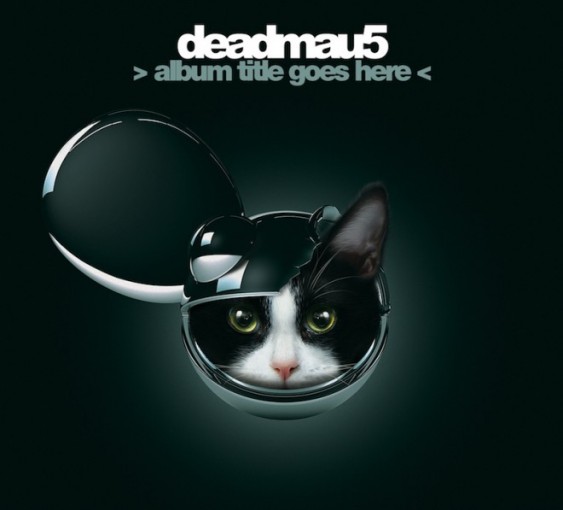
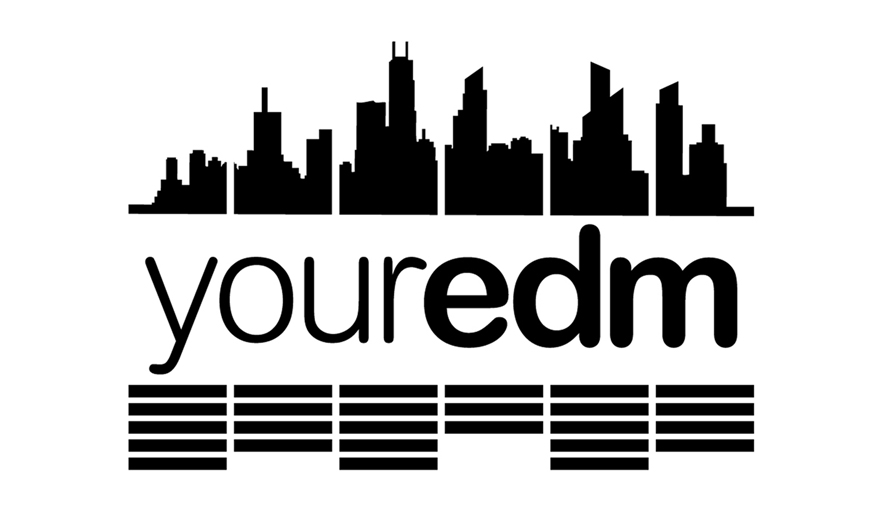
You’ve copied the article twice accidentally by the looks of it, might wanna check and fix that.
All of this big room stuff like Language and Spectrum that’s popular at the moment is just
off-brand trance. Instead of the 8+ minute trance tracks the build and layer, this stuff like language is just condensed down to it’s pure essence.
The typical American EDM fan doesn’t want to sit through 4 minutes of kicks and a bassline, they want a melody, some catchy hook they can sing along with. That’s why trance will never become as popular as the stuff that is now.
So many trance producers are jumping ship over to ride the big room house wave. it’s where the money is. Marco V and Marcel Woods being prime examples. Pretty depressing overall really.